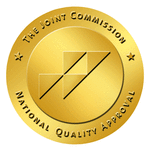Of course, this is not accurate for a lot of people just for practical reasons. Indeed, there are the many people for whom this is not accurate because alcohol, drugs and dysfunction get in the way. Trying to achieve a picture perfect holiday experience can be enormously stressful, as well as depressing. Hoping for the ideal can keep you from enjoying any part of the season.
So how do you get through it all?
A 3-step guide to surviving the Holidays here. Then, we invite your questions, comments, or shouts for help as you are trying to cope with addiction in the family … at the end.
3 Steps To Getting Through The Holidays
Here are three steps for getting through the holidays (Surviving Christmas family time, Thanksgiving, Hanukkah, or the New Year) of and creating room for joy!
STEP 1. Awareness
Movies, media, songs all tell us that this is the time of year for family, for going home to joyous celebrations and being with the people dear to you. But what if going home means spending time with people who are drinking too much, bickering with each other, blowing up into huge fights?
Being aware means taking the time to consider the reality of the situation. It can be useful to write or tell a story about what the holiday experience will be like based on what it has been like. Don’t add opinions; tell the story based on facts.
Another option is to make a list of all the people likely to be there with a short description of their personality or behavior.
Again ,this should not have opinion because we are building knowledge of the reality of the situation not how we feel about it. An example might be, “Aunt Martha: will bring her own brandy to add extra to her eggnog; Uncle John: will drive to church even after drinking a six-pack and having three glasses of wine.”
STEP 2. Acceptance
Once you build awareness, acceptance becomes a little easier. It is important to remember that acceptance does not mean approval or acquiescence. You can accept what is and still not be okay with the situation. The key to acceptance is the acknowledgement that you simply have no power to change the external situation and no control over anyone but yourself.
If this concept is hard for you, as it is for many people, try this: look at a tree and name the color of the leaves (this is awareness), now turn that awareness into a sentence, “The leaves on the tree are green. I can not make them purple.” This is acceptance in its simplest form, acknowledging your power in what is.
Acceptance in alcoholic or addicted families can be enormously difficult because it feels like we are giving up on the possibility of something better or that the behavior itself is acceptable. Accepting reality is not the same thing as saying that the reality is okay, or something that you are willing to participate in. It is about coming to grips with what is real and dealing with that reality honestly and with genuine emotion. Only by accepting the truth of the situation can you make affirmative choices about how you want to engage with the situation and that will allow you to be happy.
STEP 3. Action
The final step in creating room for joy during the holiday season is action. Effective action only occurs when it is third in line. You must first be aware of what is, then accept that reality, and from there you can make a choice about what you want to do within reality.
Go back to our tree with green leaves. You are aware of the color of the leaves, you have accepted that they are green and that you can not make them purple, but you really want a tree with purple leaves. You now have choices:
- You can buy the tree with green leaves because you like it for what it is, even though it isn’t what you originally wanted.
- You can buy the tree and be angry that it isn’t what you wanted.
- You can reject the tree and continue to look for the one you want.
Action is all about knowing what reality is and making an affirmative choice based on that knowledge.
If you know that your alcoholic family will descend into drunken, screaming fights by the time dinner is served than you can make affirmative choices about where you want to be and what you want to do for Christmas. If you stay in denial and hope that this year will look like the Hollywood ideal you aren’t making a true choice and you will very likely spend the evening in anger and resentment. Action is about making the choice that is right for you based on the reality of the situation!
Make Affirmative Choices This Year!
The Holidays are coming and for many of us it starts out as a stressful time of year, not a joyous season. But we do have choices and the first choice is choosing to know our truth, from there we can act based on real expectations and allowing ourselves the option to be happy is a wonderful gift indeed.
Please feel free to share more holiday tips for people in recovery now. We welcome your experiences, worries, or successes in an addicted family with us in the comments section below.
adapted from www.adictionblog.com

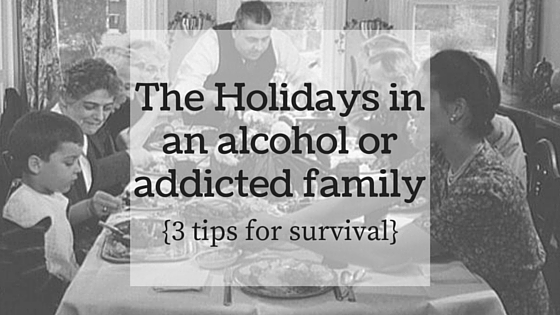
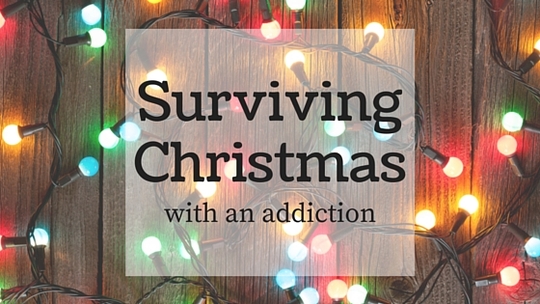





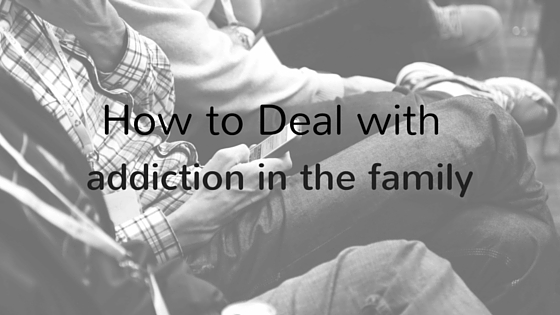
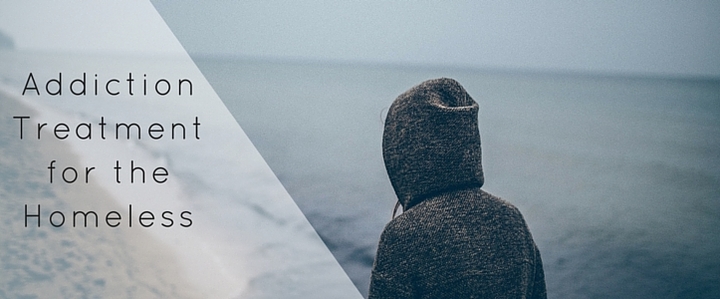

 RSS Feed
RSS Feed
